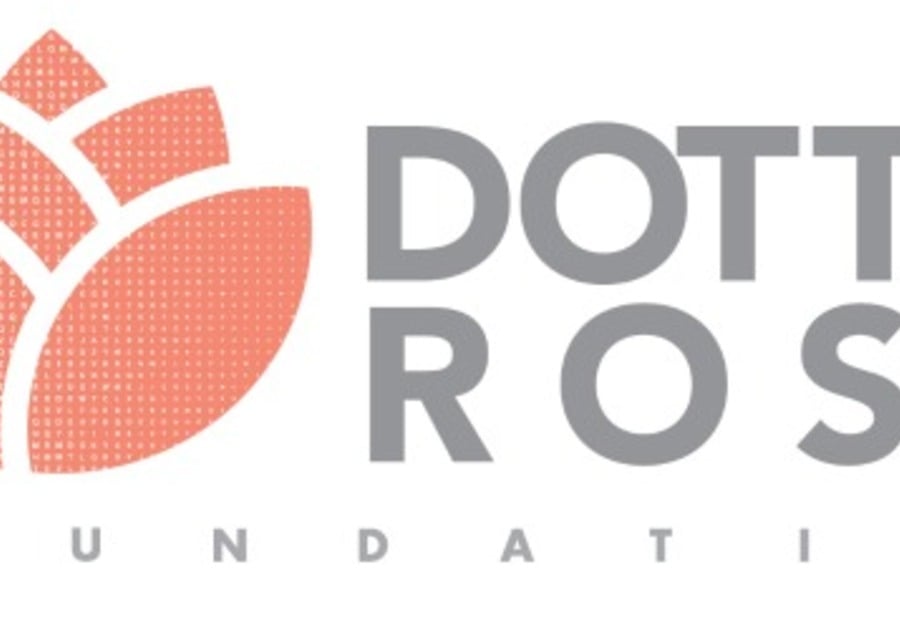What’s your child’s favorite subject in school? The common answer is recess or PE, unfortunately, science, math, and other STEM-related subjects aren’t often cited as favorites. Well, changing how kids feel about STEM can make a world of difference as they move through elementary school and into middle school, high school, and college.
Let’s take a look at five simple strategies you can do right now to change the conversation and show connections between our everyday actions and STEM.
1. Talk and show. When you identify an object, point to the object to show the association between verbally stating the word and the object. Some children will point before they can even talk. The assimilation between the visual and verbal build cognitive development. Talk about what you see and even develop a story to go along or a song. The ability for children to find patterns is a core component of computational learning and is easy for them to identify in a song or story.
2. Count, group, and compare. This one is about numeracy and data. Children love numbers and counting, and there is research to show they are actually born with math ability. This is the first step in children understanding the basic concepts around data. Parents or caregivers can introduce their children to math vocabulary by using sentences that compare things: "Oh, look! A giraffe is tall, but a monkey is short" or "There are two oranges, but only three apples." When at the grocery store, look in your cart and ask “How many apples do we have in our cart? Can you add them up?” Once you add. chat about adding apples, oranges, and potatoes. Once they add up how many, ask them, On average, how many apples to we eat? You can do this with rocks, seashells, candy, etc. It is a great way to introduce data to kids that is easy to understand!
3. Explore through movement and play. Encourage play with your children and know they are learning as they play. Using imagination is the core of innovation. When we imagine, we can create. You always wonder when we stop thinking imagination is cool and we have to never stop imagining! It is the core of innovation. So go to the moon in that cardboard box, oh the places you will go!
4. Read and discuss stories. It's never too early to start reading aloud — even with babies. Hearing words increases vocabulary, and relating objects to sounds starts to create connections in the brain. For example: If there's a dog in the story and a dog in your home, point that out. That's a piece lots of parents miss when just reading aloud and relates back to Talk and Show. In addition, you can have children draw significant elements from the book to practice their writing skills. This would include, drawing a picture of the dog that is in the story and then creating their own story. Not only are children reading and writing they are learning the core components of computational thinking: decomposing, pattern matching, abstraction, and algorithms.
5. Solve a Problem. What problems do you have around your home? Perhaps you have a squeaky door or a downspout that always floods your lawn. Help your kids brainstorm ideas to solutions to these problems and how they can execute the solution. For example, if your downspout is the problem, the kids might look to see if there’s a clog or a pinched area in the downspout. They might try repositioning the downspout or replacing it with a rain barrel might be a suitable solution. This idea is more about engaging kids in problem-solving techniques than fixing the actual problem, although you may be surprised how many home improvement projects your kids handle for you. Problem-solving is the key to academic and career success.
About The Dottie Rose Foundation:
At the Dottie Rose Foundation, we encourage more girls to improve their technology skills to boost their own future career prospects and secure a challenging and rewarding job. Increasing technology knowledge makes girls more competitive in almost any chosen career path today, and excels their success in their education. Our camps offer hands-on experiential learning, so kids can develop the skill set they need and explore the areas of technology that excite them the most. Ultimately we aim to give girls the skills they need to enter leading businesses and the ability to solve the business challenges of tomorrow
Dr. Sharon Jones, Ed.D is the founder and CEO of thedot. Consulting and the Dottie Rose Foundation, where she creates, innovates and implements cutting edge technology focused on new age education. Dr. Jones is a highly sought after and national award-winning Computer Science educator in the public school system as well as a Sr. Technical Trainer at Central Piedmont Community College. Dr. Jones has presented and published nationally and internationally on data analytics, educational practices and technology. Her book A Recipe for Success Using SAS University: How to Plan Your First Analytics Project is being used in curriculum and classrooms around the country. When not running the technology-world, Dr. Jones spends her time with her husband Ricky, and two sons, Ethan (7) and Dylan (4), and their beloved dog, Cooper (10)



